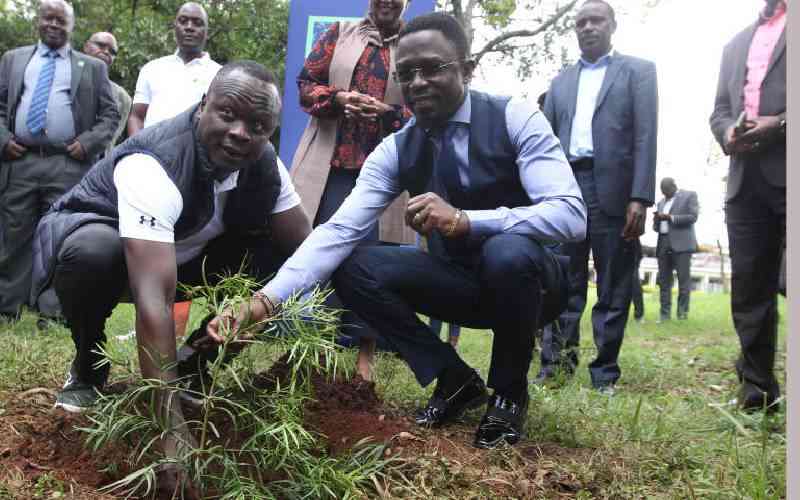
Every year, the world celebrates International Day of Forests (IFD) on March 21, highlighting the importance of these critical ecosystems which are fast declining.
According to the 2020 FAO Global Forest Resources Assessment, the world's total forest area is about four billion hectares, translating to about 31 per cent of the world's total area. These forests are home to about 80 per cent of the global biodiversity and play a key role in the wellbeing of humanity including food, water purification, in addition to climate change mitigation among others.